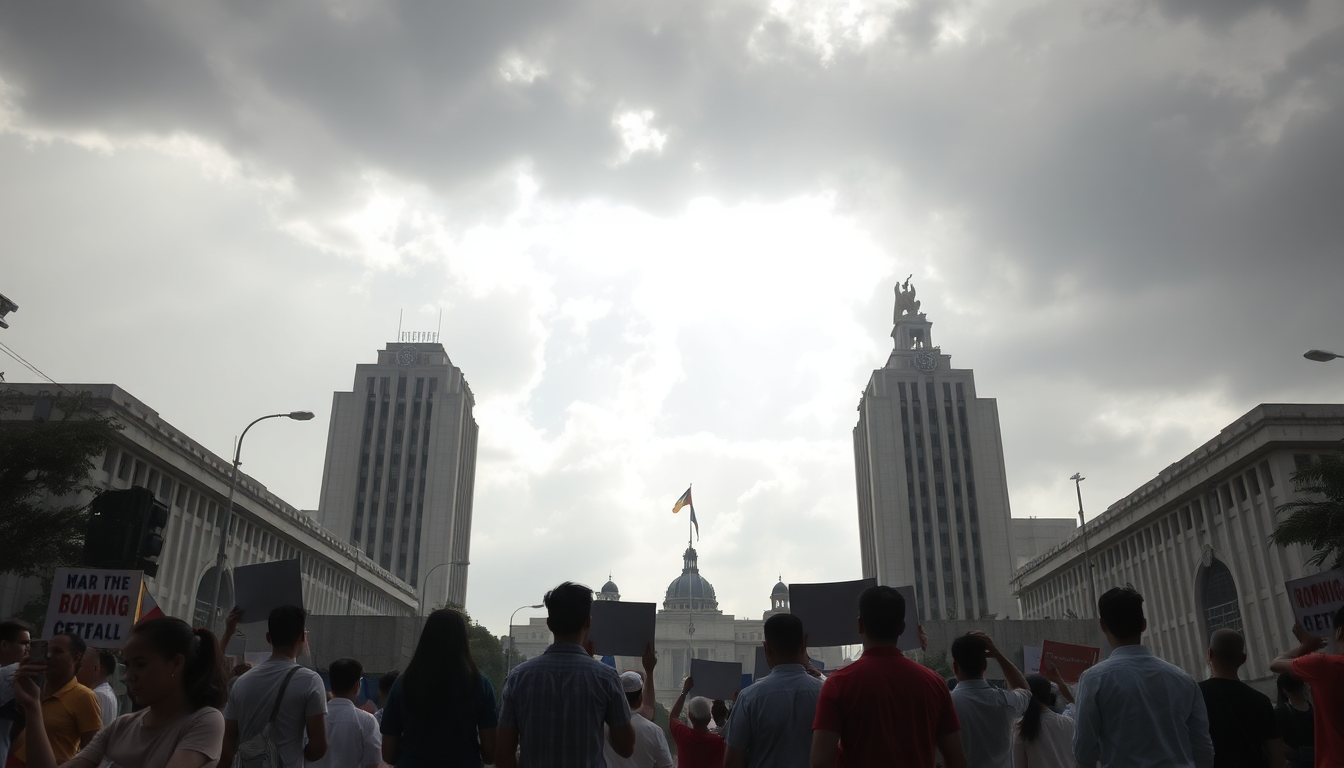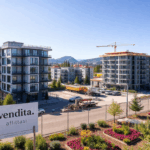Table of Contents
The recent showdown between General Torre and Sebastian Duterte has truly captivated the Philippines. It’s not just a personal feud; it’s a window into the deeper tensions that shape our political landscape. This dramatic exchange raises some intriguing questions: What does this say about power dynamics in politics? How do personal rivalries influence public perception?
What sparked the feud?
The conflict has really heated up in recent weeks, especially after Sebastian Duterte, the youngest son of former President Rodrigo Duterte and the acting mayor of Davao City, challenged General Torre. During a podcast, he didn’t hold back, accusing Torre of hiding behind his title and boldly claiming he would win in a physical face-off.
This has sent ripples across the nation, igniting discussions among Filipinos who are all too aware of the personal stakes at play.
In response, General Torre didn’t shy away from the challenge. He expressed his readiness to engage in a fight, but here’s the twist: he suggested that this confrontation could serve a greater purpose—raising funds for typhoon victims.
By framing it this way, Torre is cleverly redirecting the narrative from a mere personal clash to a philanthropic endeavor. Could this approach win him public favor?
Why do public confrontations matter?
Public spats like this one shine a light on the complex dynamics of political power in the Philippines.
They reveal not just personal rivalries but the broader implications for governance and public opinion. As Filipinos tune in to these exchanges, they’re prompted to reflect on the qualities they want in their leaders and what motivates their actions.
Interestingly, the online buzz around this confrontation indicates a growing desire for transparency and accountability.
People are becoming more critical of political figures, and confrontations like Torre and Duterte’s can significantly sway public sentiment. How might the fallout from these rivalries reshape political alliances and the electoral scene in the Philippines?
The public’s mixed response
When it comes to public reactions, the responses have ranged from amusement to disbelief and even concern. Sure, many Filipinos are entertained by the drama, but there’s a serious undertone to this situation. The discussions surrounding the potential fight touch on important issues like violence, masculinity, and the responsibilities that come with public office.
Social media has become a hotbed for opinions, with users weighing in on the appropriateness of such challenges and their impact on public decorum. This situation highlights just how powerful digital platforms can be in shaping political narratives and sparking public discourse. It’ll be fascinating to see how this confrontation evolves and what political consequences may follow.
Looking ahead: What’s next?
As this feud continues to unfold, the political landscape in the Philippines remains as dynamic as ever. The readiness of leaders to engage in personal disputes in public may have lasting effects on their reputations and careers. In a time when public perception is everything, figures like Sebastian Duterte and General Torre will be closely watched by both supporters and critics.
In the end, this clash is more than just a personal vendetta; it’s a reflection of the broader political environment where personal rivalries intersect with public service. It underscores the critical need for leaders to uphold professionalism and integrity, even amidst challenges. How this narrative progresses will play a significant role in shaping future political conversations in the Philippines.





